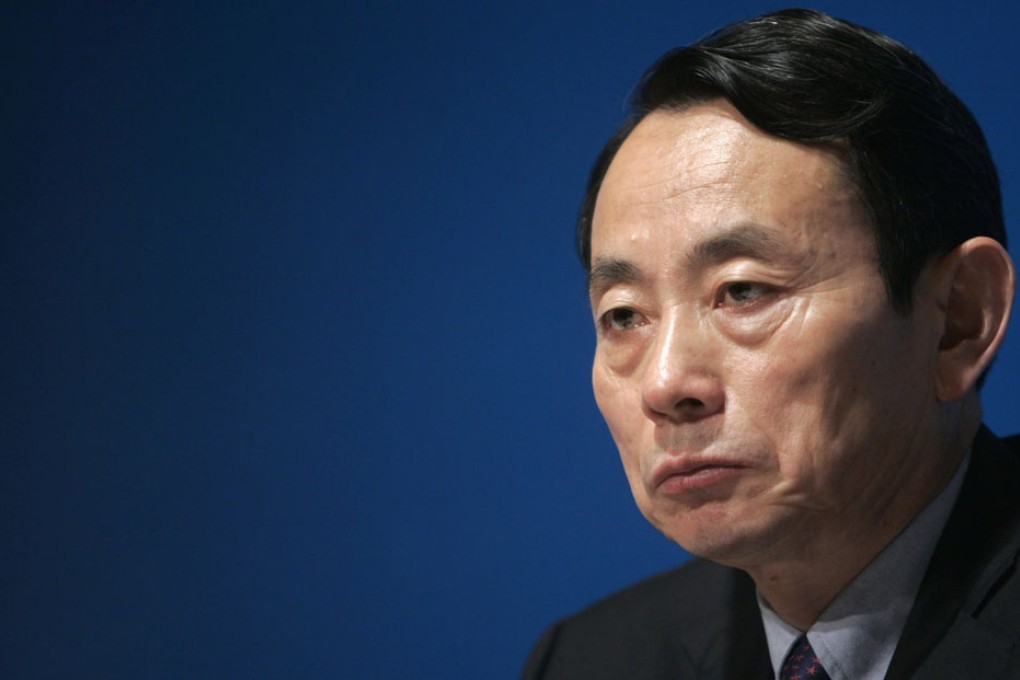Corruption probes raise state-owned enterprise reform hopes

A scandal that has taken down the head of the State-owned Assets Supervision and Administration Commission (SASAC) just ahead of the Communist Party's key autumn economic planning meeting has raised hopes among investors anxious to see a trigger point for the long-promised break-up of state monopolies.
Expectations for a "big bang" reform move have been running high since President Xi Jinping and Premier Li Keqiang completed the once-a-decade leadership transition in March. They pledged to rebalance the economy and boost the private sector's role in it.
The investigation into Jiang Jiemin , who oversees the mainland's 100 biggest corporations, immediately after a corruption investigation was launched into the party's former security chief and a clutch of senior executives at China National Petroleum Corporation (CNPC), has only added to the weight of anticipation - especially given the link to the prized oil sector.
Analysts say the risk of disappointment for reform-hungry investors is larger than ever.
"So far, we have only seen a political power struggle in the top echelon. It is not clear where this will lead, and it does not mean the fundamental problem with the system will change," Zhu Songbin, managing director of Beijing-based energy sector consultancy Song Lin Group, said.
"Most reformists can only wait and see what happens after the house-cleaning," he told the South China Morning Post.